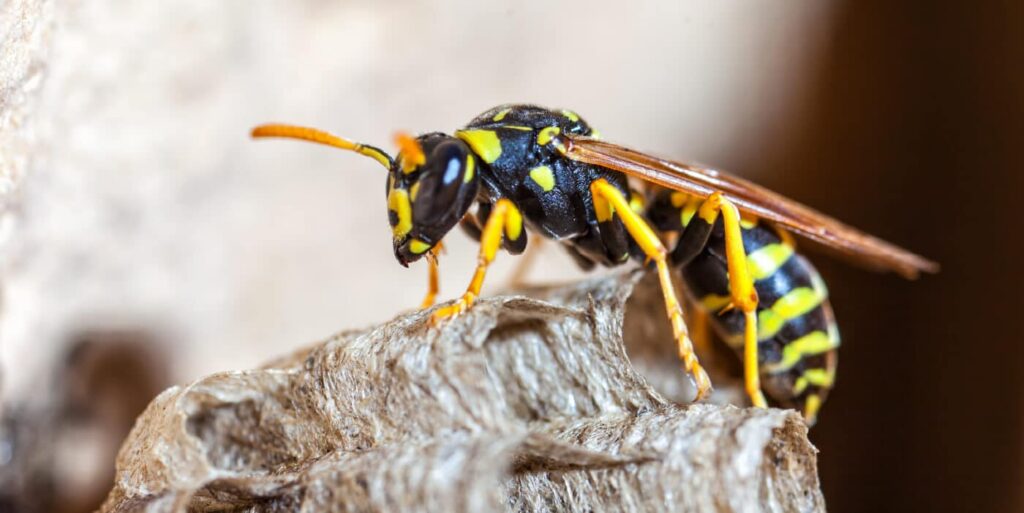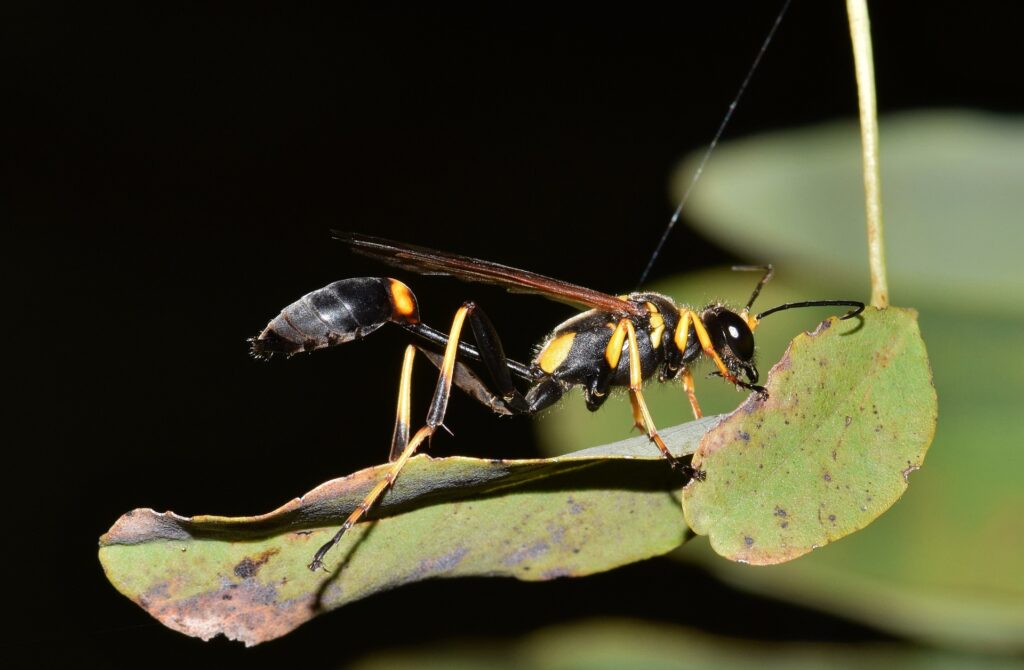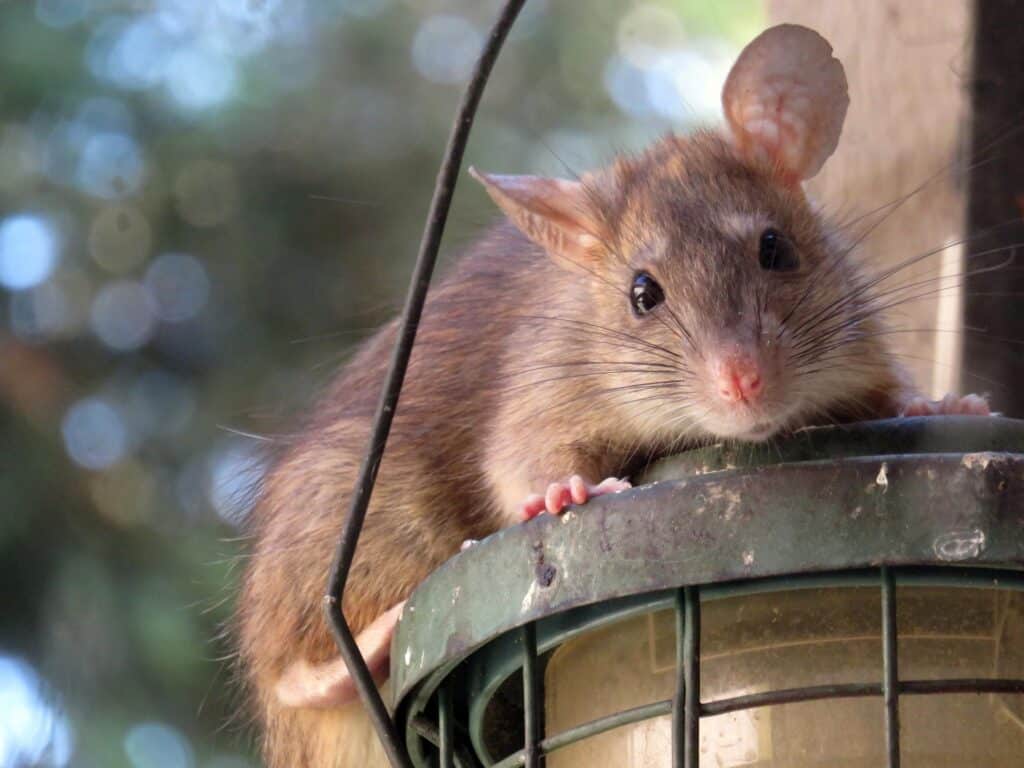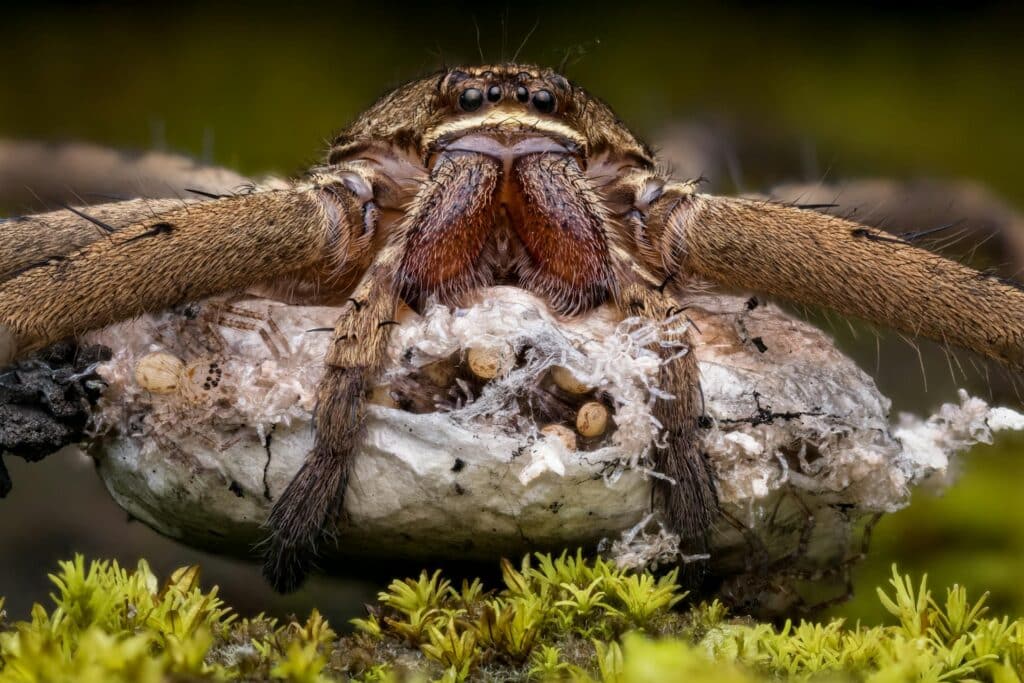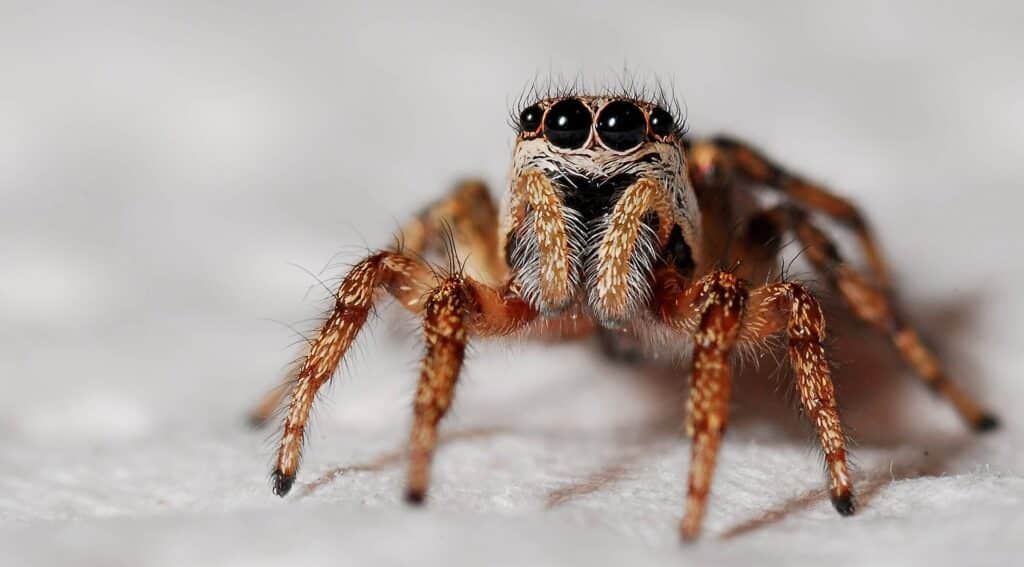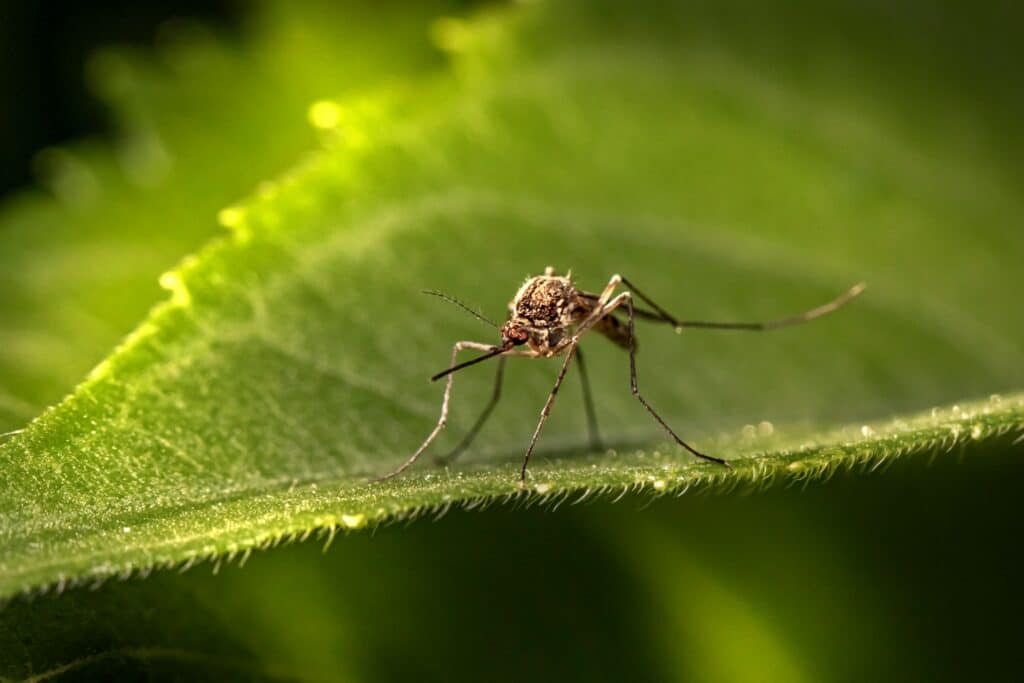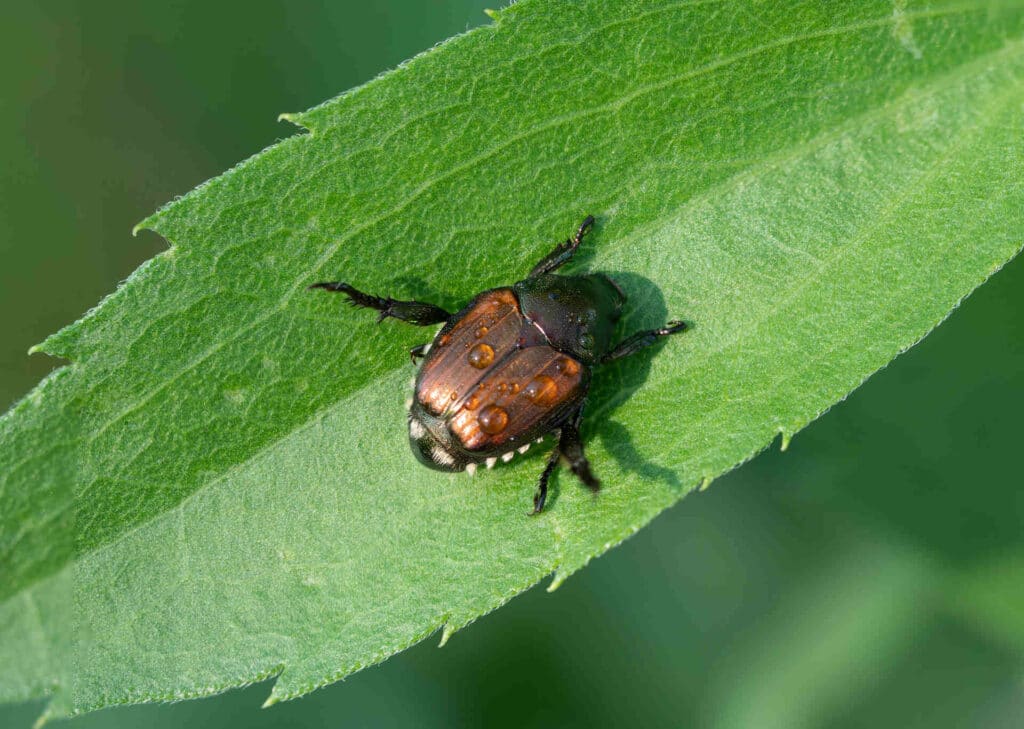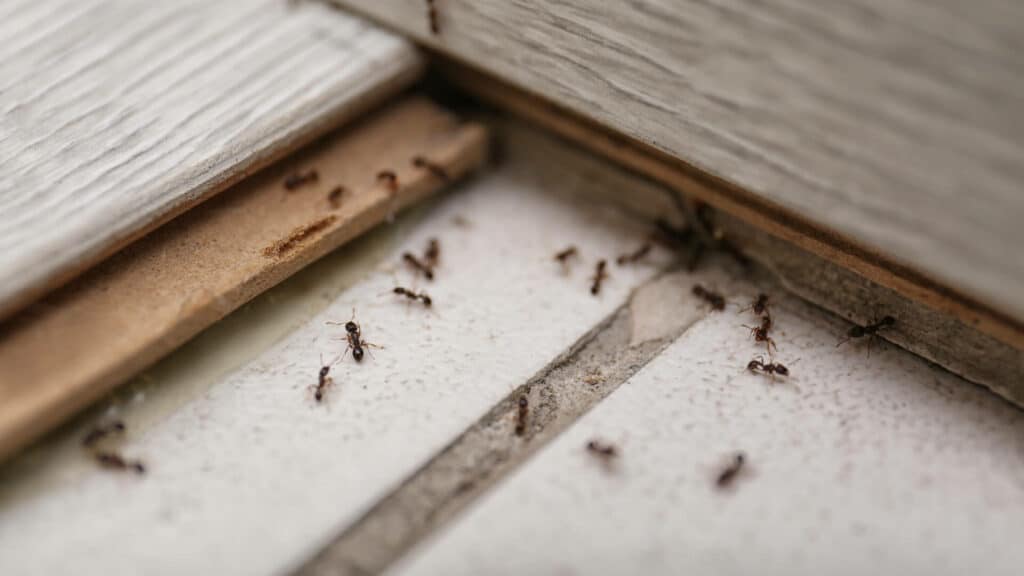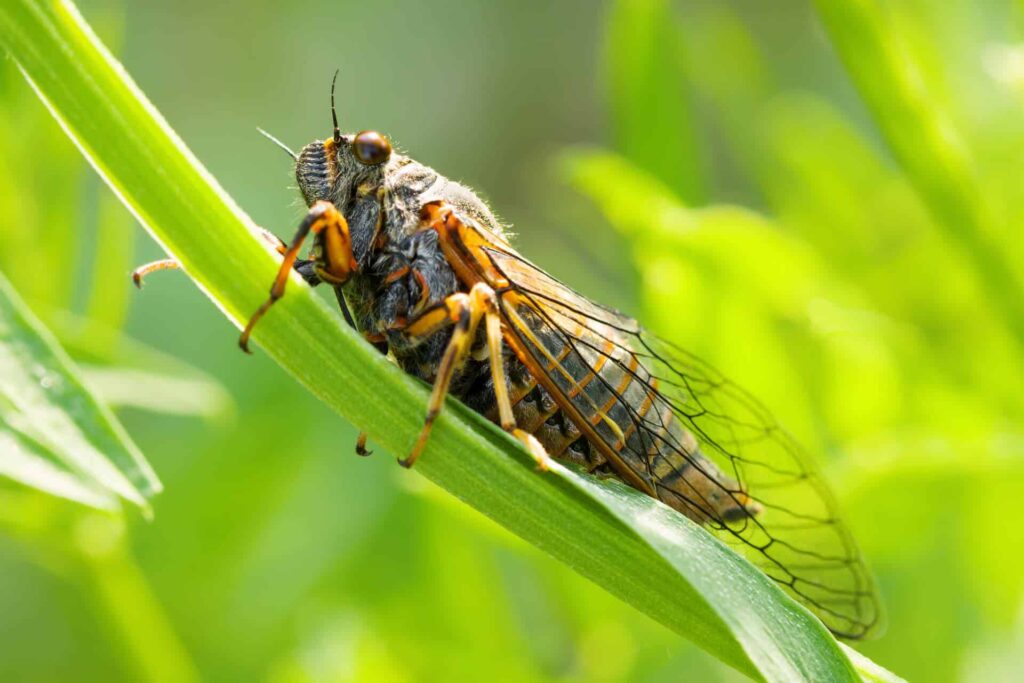Pests don’t suddenly appear overnight—they leave subtle clues long before you actually see them in your home. Recognizing these early warning signs can help you address potential problems before they develop into full-blown infestations.
If you notice unusual sounds, droppings, or chewed materials around your property, it’s time to take immediate action. Ignoring these early indicators only allows pests to multiply and spread, making effective pest control much more difficult and potentially more expensive.
Benefits of Early Detection
Detecting pests early can make a significant difference in managing infestations effectively and preventing long-term problems. Here are four reasons why early detection is so beneficial:
- Minimizes structural damage: Identifying pest activity early can potentially prevent extensive damage to your home or property, saving you from costly repairs down the line.
- Reduces health risks: Early detection helps mitigate the spread of diseases and allergens that pests might carry.
- Cost-effective management: Addressing a pest problem before it escalates means treatments can be simpler and less expensive, so you might not need more intensive and costly interventions later.
- Improves treatment effectiveness: The sooner pests are detected, the more effectively they can be managed, leading to a more controlled and successful pest control process.
What to Look For Before a Full Infestation
Not every pest issue starts with an obvious sighting. Many pests remain hidden, especially in the early stages of an infestation. Learning to recognize small changes in your home can help you identify their presence before the problem gets out of hand.
Unexplained Noises
If you hear scratching, scurrying, or squeaking sounds inside your walls or ceilings, you might be dealing with rodents. These sounds are most common at night when rodents are typically most active. Persistent noises, particularly after dark, often indicate that pests have established nesting sites nearby.
Droppings and Urine Trails
One of the clearest signs of pest activity is discovering droppings in your home. Rats and mice leave small, dark pellets near food sources or along baseboards where they frequently travel. Other pests like cockroaches also leave waste behind, often appearing as tiny black specks in corners or under appliances.
Chewed or Damaged Materials
Both rodents and certain insects have a tendency to chew through materials like paper, cardboard, fabric, and even electrical wiring. If you notice gnawed food packaging, damaged boxes in storage areas, or frayed wiring, you’re likely dealing with pests nearby. This type of damage not only indicates their presence but can also increase fire risks and lead to food contamination.
Grease Marks and Smudges
Rodents tend to follow the same pathways repeatedly, often leaving greasy, dark streaks along walls and floorboards as they move. These marks come from oils in their fur and are a reliable indicator of their regular travel routes. Following these smudges can sometimes lead you to nests or entry points.
Unusual Odors
A persistent musty or ammonia-like smell in your home may indicate rodent urine, while a foul, rotting odor could mean you have a dead pest inside your walls or crawl spaces. If these unusual smells linger despite regular cleaning, it’s a good idea to inspect hidden areas or call a professional in rodent control to investigate.
Pest Prevention Tips to Avoid an Infestation
Taking action early can prevent pests from multiplying and spreading throughout your home. These simple steps can significantly reduce the likelihood of an infestation taking hold.
Eliminate Food Sources
One of the most effective ways to keep pests away is by eliminating easy access to food. Store all food in airtight containers and develop a habit of cleaning up crumbs and spills immediately after meals. You’ll want to pay special attention to pet food, which should not be left out overnight, and make sure to keep trash in sealed containers.
Seal Entry Points
Take time to thoroughly inspect your home’s exterior for cracks, gaps, and openings around windows, doors, and the foundation. Even tiny openings can allow insects and rodents to enter your home. Use weather stripping, door sweeps, and caulk to seal these gaps and create a barrier against pests.
Remove Clutter
Accumulated items like stacks of newspapers, cardboard boxes, and cluttered storage bins provide ideal shelter for various pests. Regularly organize and declutter areas around your home, especially basements, attics, and garages, to eliminate potential hiding spots where pests can nest undisturbed.
Fix Moisture Issues
Leaks and standing water are powerful attractants for many types of pests. Make it a priority to repair dripping faucets, clear clogged gutters, and ensure proper ventilation in naturally damp areas like bathrooms and basements. Controlling moisture is particularly important for preventing termites, cockroaches, and silverfish.
Schedule Regular Inspections
Even if you don’t currently see pests, scheduling regular professional inspections can help catch early warning signs before they develop into problems. Pest control experts are trained to identify subtle indications of pest activity that homeowners might miss during routine cleaning.
Our technicians know exactly where to look for potential issues and can recommend specific preventive measures based on your home’s unique characteristics and location. Regular inspections are particularly important if you’ve had pest problems in the past or if you live in an area where certain pests are common.
Get In Touch Today
If you notice ongoing signs of pest activity despite your prevention efforts, it’s time for expert intervention. Some infestations require a specialized pest control service that goes beyond DIY methods, particularly when dealing with termites, bed bugs, or established rodent populations. Our team can provide a comprehensive inspection and develop a customized treatment plan for your specific situation. Get a free quote today to learn how we can help you address pest concerns before they become major problems. Acting early is always the smart move when it comes to protecting your home from unwanted guests.
